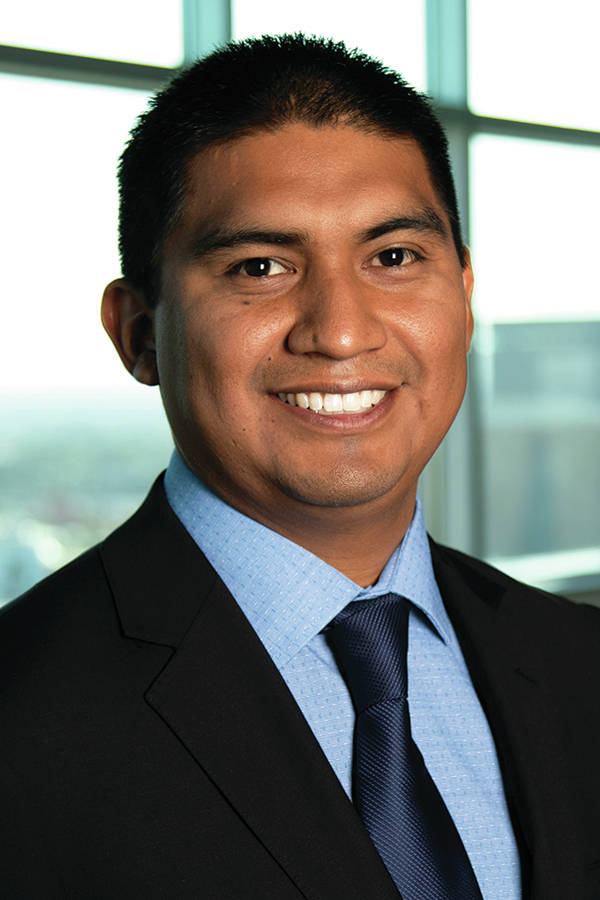The 81st Nevada legislative session has come to an end after a full 120-day session. Beginningon Feb. 1 and ending at midnight on May 31, legislators addressed a wide range of policy proposals as well as the biennial budget. Additionally, even though relief funds from the American Rescue Plan have not been received, legislators set a number of priorities to allow for swift allocation once the funds have been passed to the state. Below is a summary of several bills that were highly debated during this session.
EMPLOYMENT
As the economy in Nevada recovers from the severe impacts of the pandemic, one of the top priorities for the legislature and the governor is creating jobs and protecting existing jobs. Senate Bill 386, referred to as the “Right to Return” bill, contained requirements relating to the right for employees in the gaming and travel industries to return to their jobs. SB 386 covers workers laid off after March 12, 2020, and who were employed for at least six months in the year prior to the first COVID-19 declaration of emergency. Generally, the bill requires certain employers to provide laid-off employees with proper notice and requires that the laid-off employees be given first right of refusal when the employer commences rehiring. Gov. Steve Sisolak supported an amendment that exempted small businesses with fewer than 30 employees. The bill also made necessary changes to the health and safety standards contained in SB 4 from last summer’s special session. SB3 86 passed on a party-line vote in both the Senate and the Assembly and was signed by the governor on June 8.
TAXES
The primary tax issue this session centered around the mining industry and the resolutions passed during the special sessions held last summer to amend the constitutional tax on mining.
Coming down to the final days of the session, Assembly Bill 495 ultimately gained enough bipartisan support to overcome the two-thirds requirement for tax increases. With its passage, AB 495 represents a 100 percent increase in the amount of taxes the mining industry pays and will generate $170 million in new revenue over the biennial, which will go directly to education. Another important byproduct of AB 495 is that the Clark County Education Association, which had already qualified a 2022 ballot initiative to dramatically raise gaming taxes, agreed to withdraw its petition given the important education investments contained in AB 495. The bill was signed by the governor on June 2.
HEALTH CARE:
SB 420 created a state government public health care option, only the second state in the country to pass such a measure. The public option plan would not be available to purchase until 2026 due to an actuarial study requirement within the bill. The study would determine whether the proposal would increase the access and affordability to health care as well as the cost to do so. Gov. Sisolak signed SB 420 on June 9.
ELECTIONS
Another result of the pandemic and the special sessions from summer 2020 is the continued efforts to reshape Nevada’s election laws. Through multiple measures legislators: (1) allowed people with disabilities to vote using an electronic system, (2) permanently expanded mail-in voting, (3) implemented a top-down voter registration system moving away from county clerks maintaining their own system, (4) expanded automatic voter registration to additional state agencies and (5) moved the state to a presidential primary as opposed to the use of the caucus. All five bills were signed on June 11.
In addition to bills that failed to pass through committee or through a full vote in either the Assembly or the Senate, a number of bills have been vetoed by the governor.
• AB 65 sought to create three separate commissions to handle ethics complaints filed in the Senate, the Assembly and against legislative staff members. Ultimately, the governor felt these complaints were sufficiently funded and handled by the existing Ethics Commission.
• AB 368 would have required additional reporting on taxes collected from businesses within tourism improvement districts. Gov. Sisolak ultimately could not support provisions that prevented expansion of tourism improvement districts outside of Clark County.
• SB 254 would have enacted changes to Nevada’s housing discrimination laws. While well intended, Gov. Sisolak felt there were problematic sections of the bill.
• Lastly, regarding SB 391,which sought to make changes to the regulation of dentistry, with existing regulatory bodies and no precedent for other licensed professionals, Gov. Sisolak did not feel the measure was necessary.
• As we look forward to the 82nd legislative session in 2023, one significant change is the passage of AB 443. The bill creates standing joint interim committees that correspond to each legislative committee. While each committee is limited in how often they can meet, this change brings Nevada closer to the longtime proposals to move to annual sessions. Being one of only four states in the nation with biennial sessions, many feel that significant policy changes are difficult to evaluate during the short 120-day time frame. Nevada is by no means a full-time Legislature with this shift; however, it is now even more critical to maintain engagement with the Legislature throughout the year as opposed to only during the 120-day sessions every other year.
Authors Neal Tomlinson, Kristina Kleist, Francisco Morales are attorneys at Brownstein Hyatt Farber Schreck. Tomlinson is a shareholder with more than 20 years of experience in government relations and administrative law. Kleist is a policy advisor and associate. Morales is a policy advisor.










